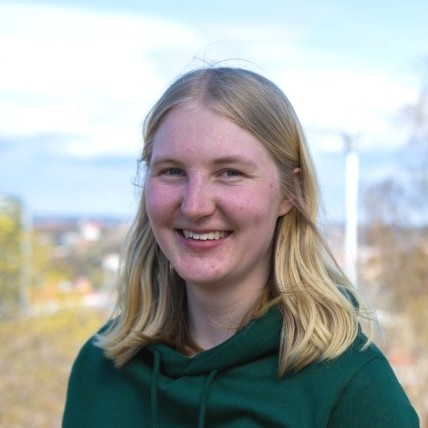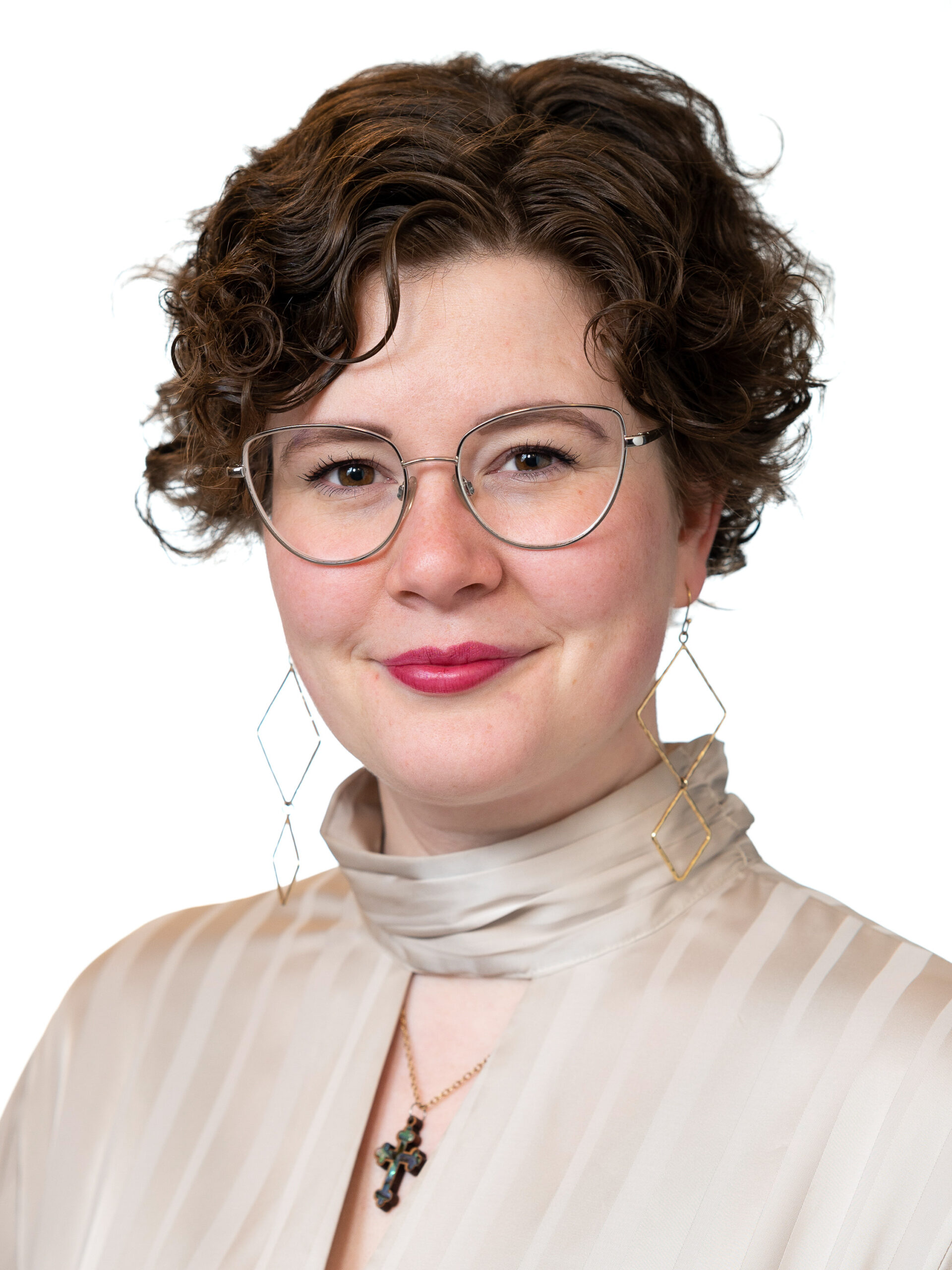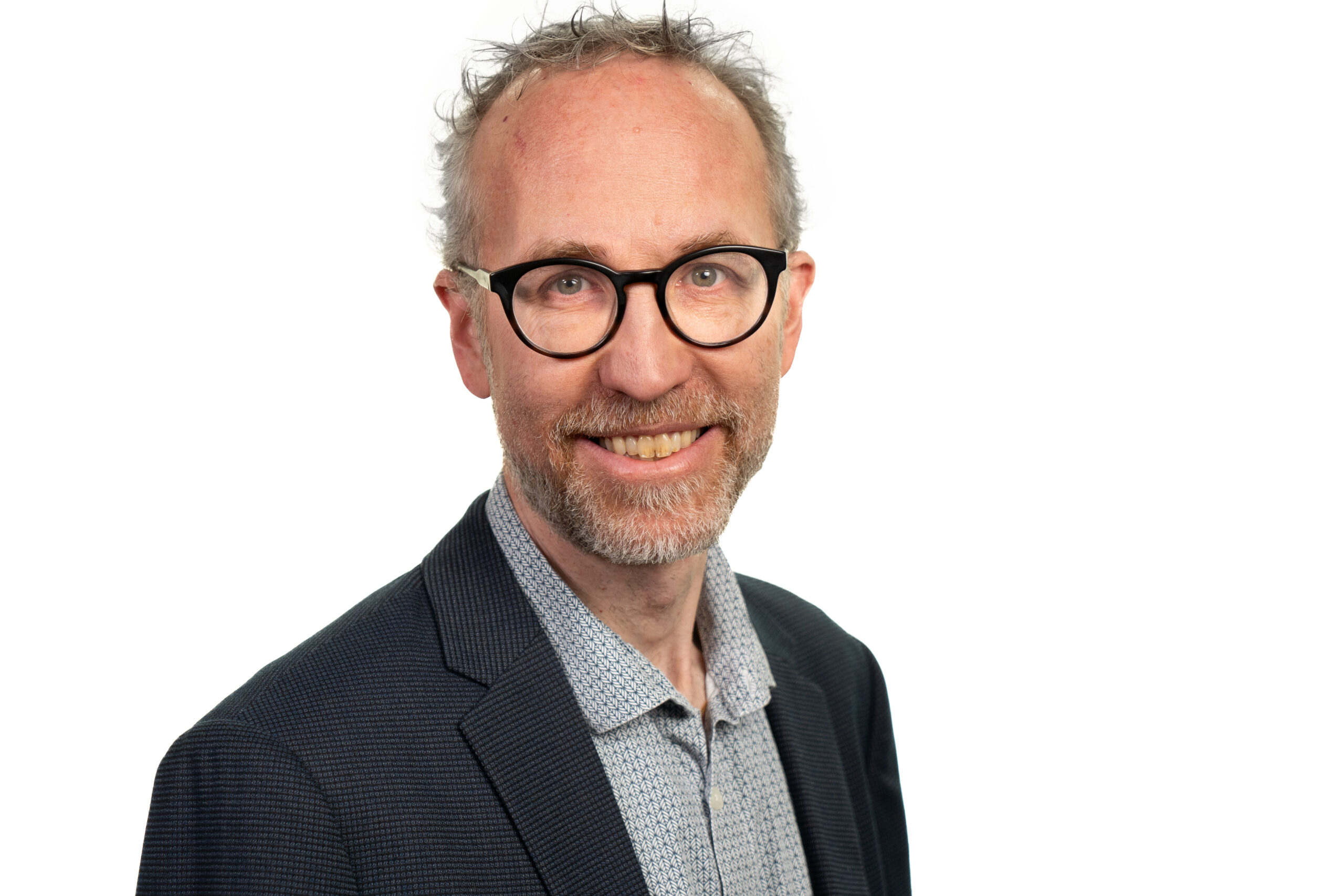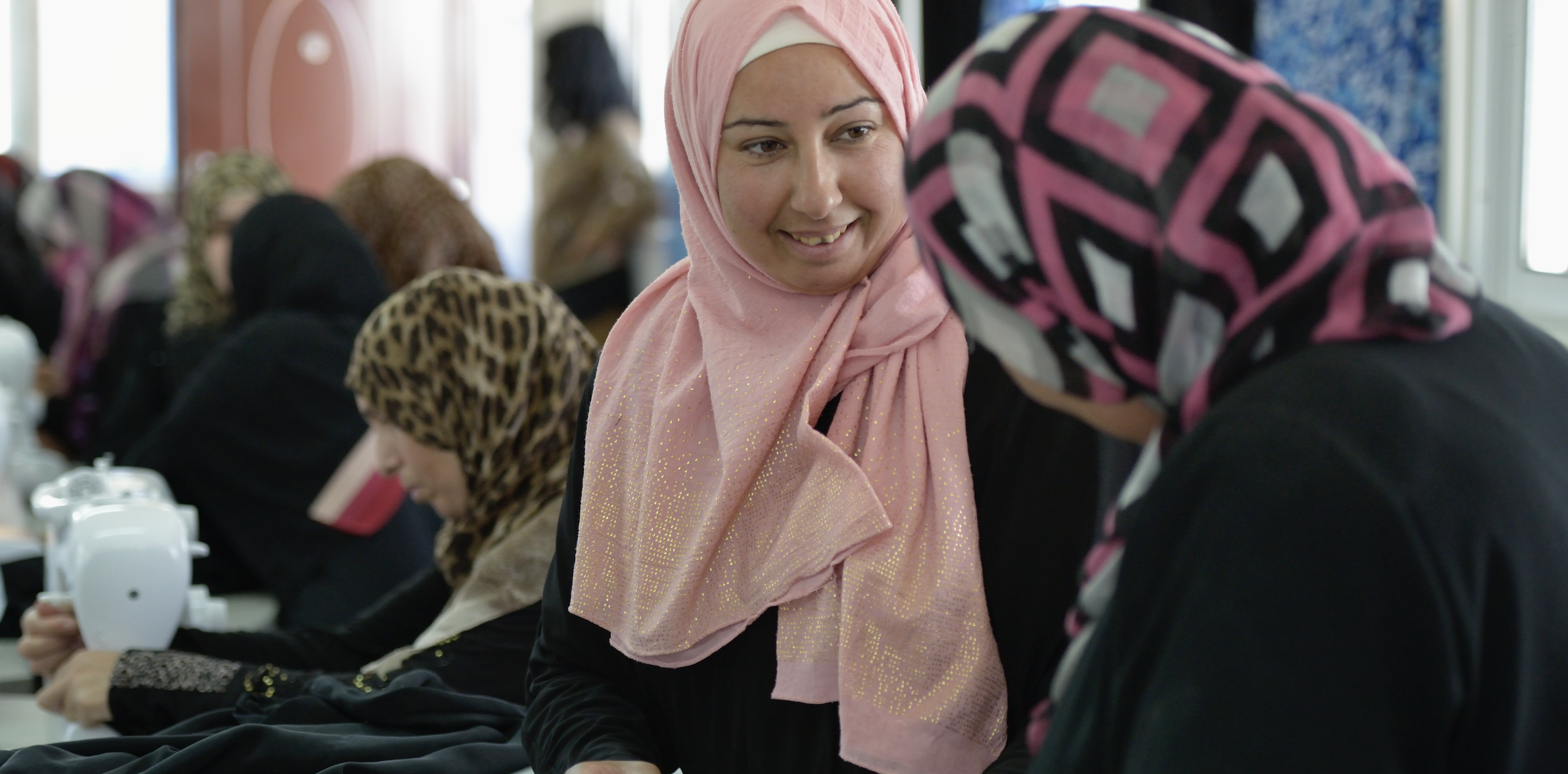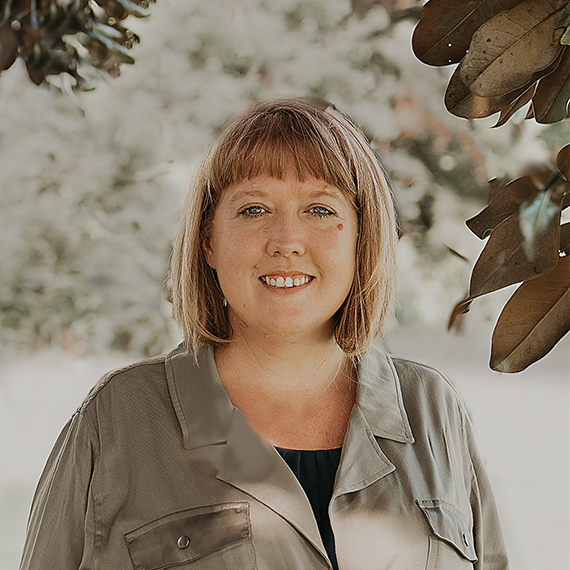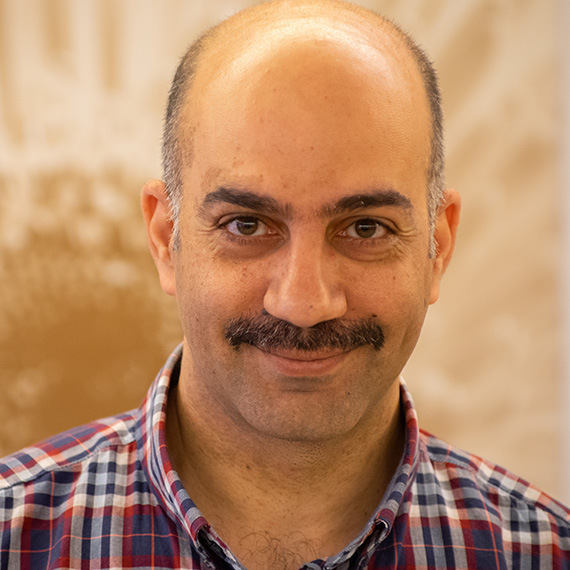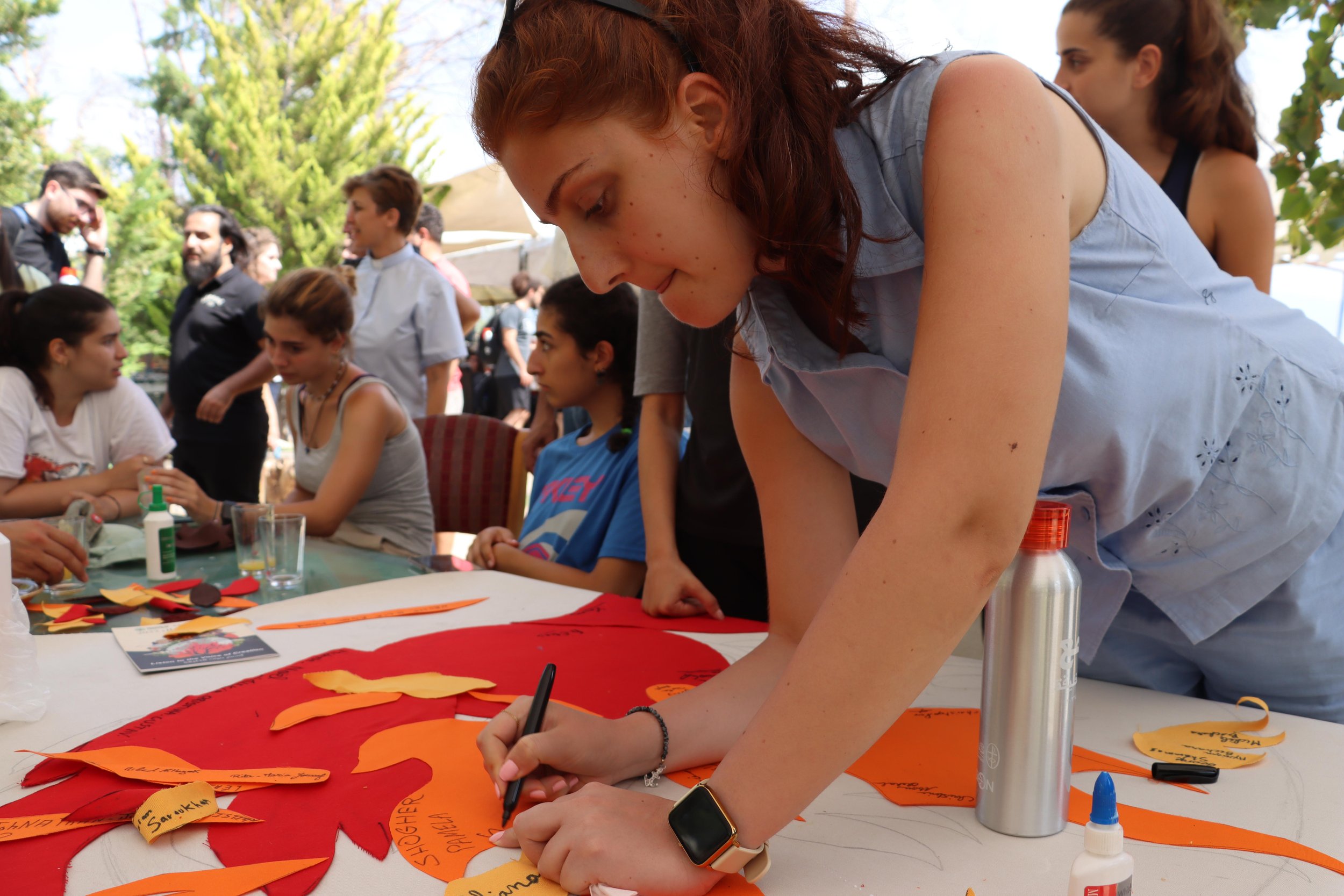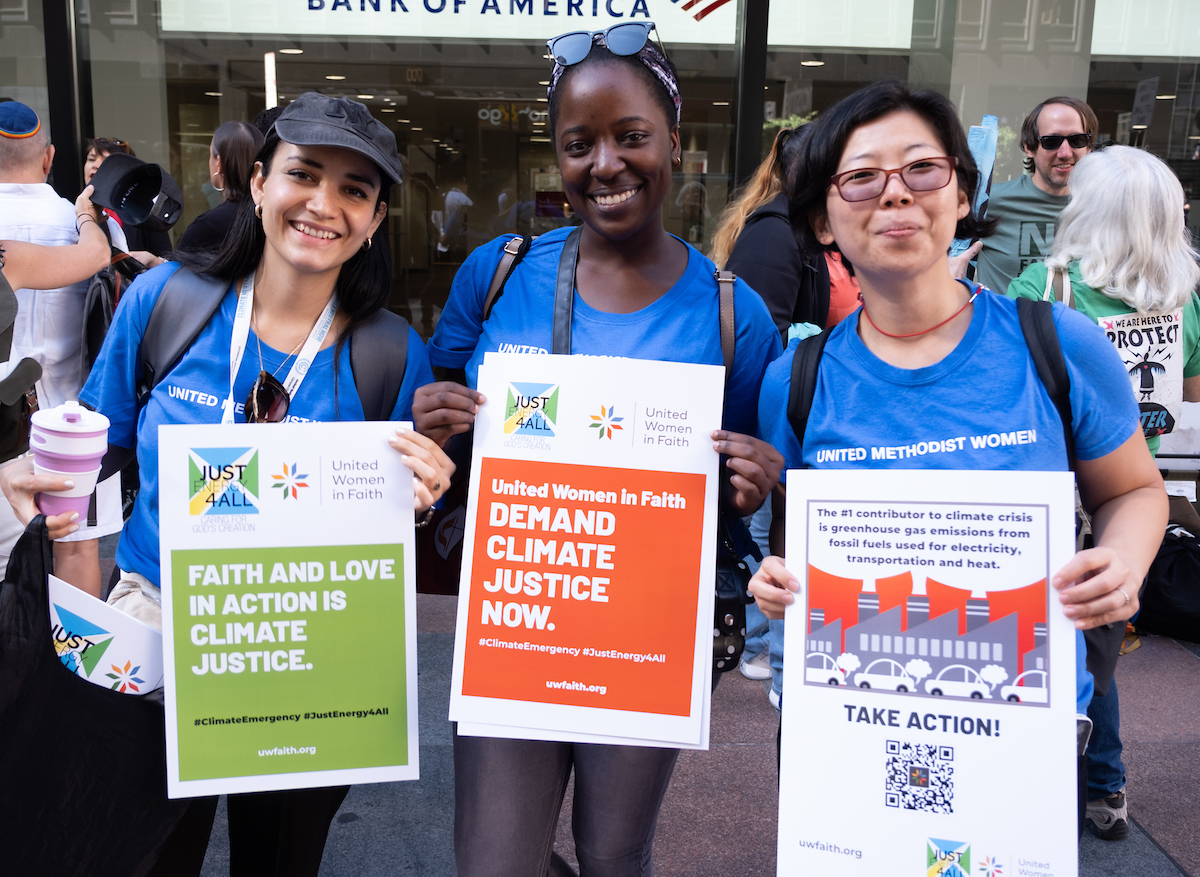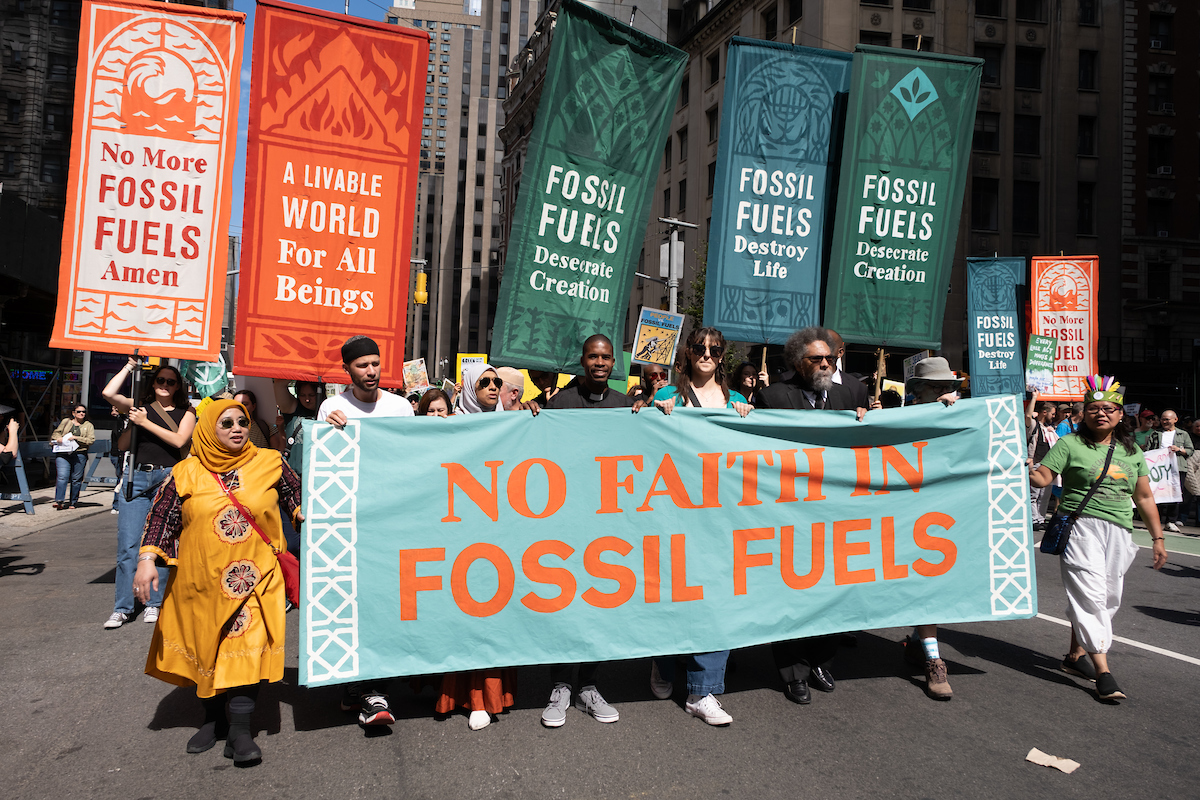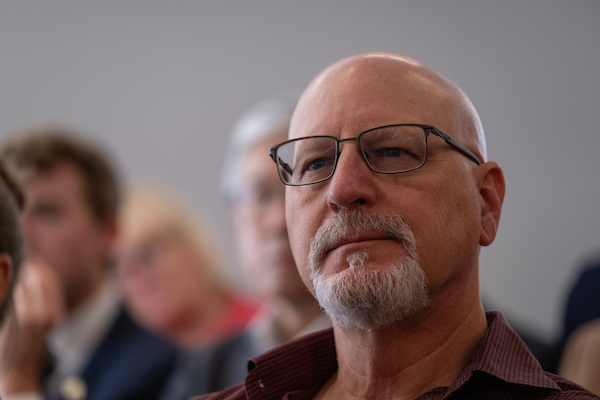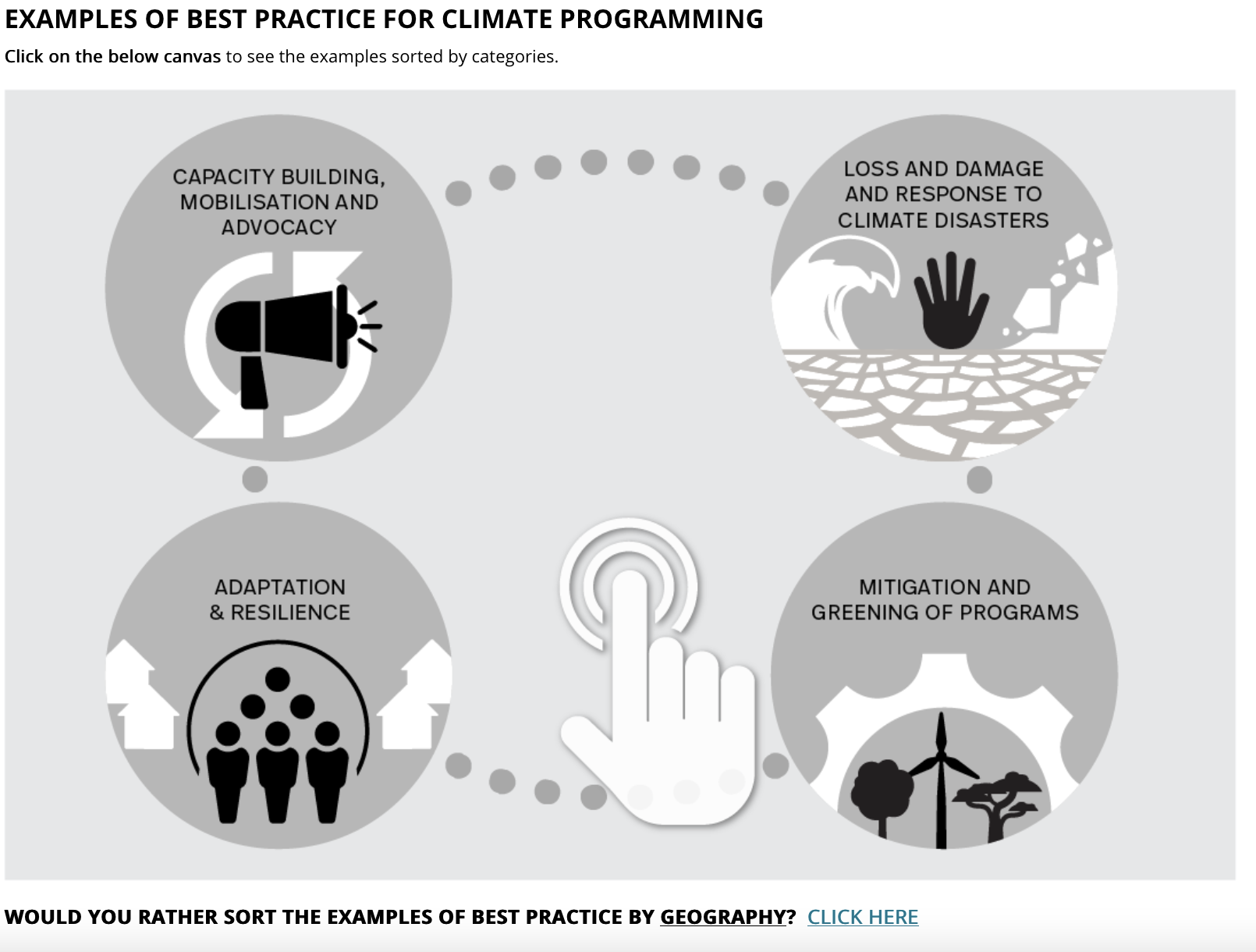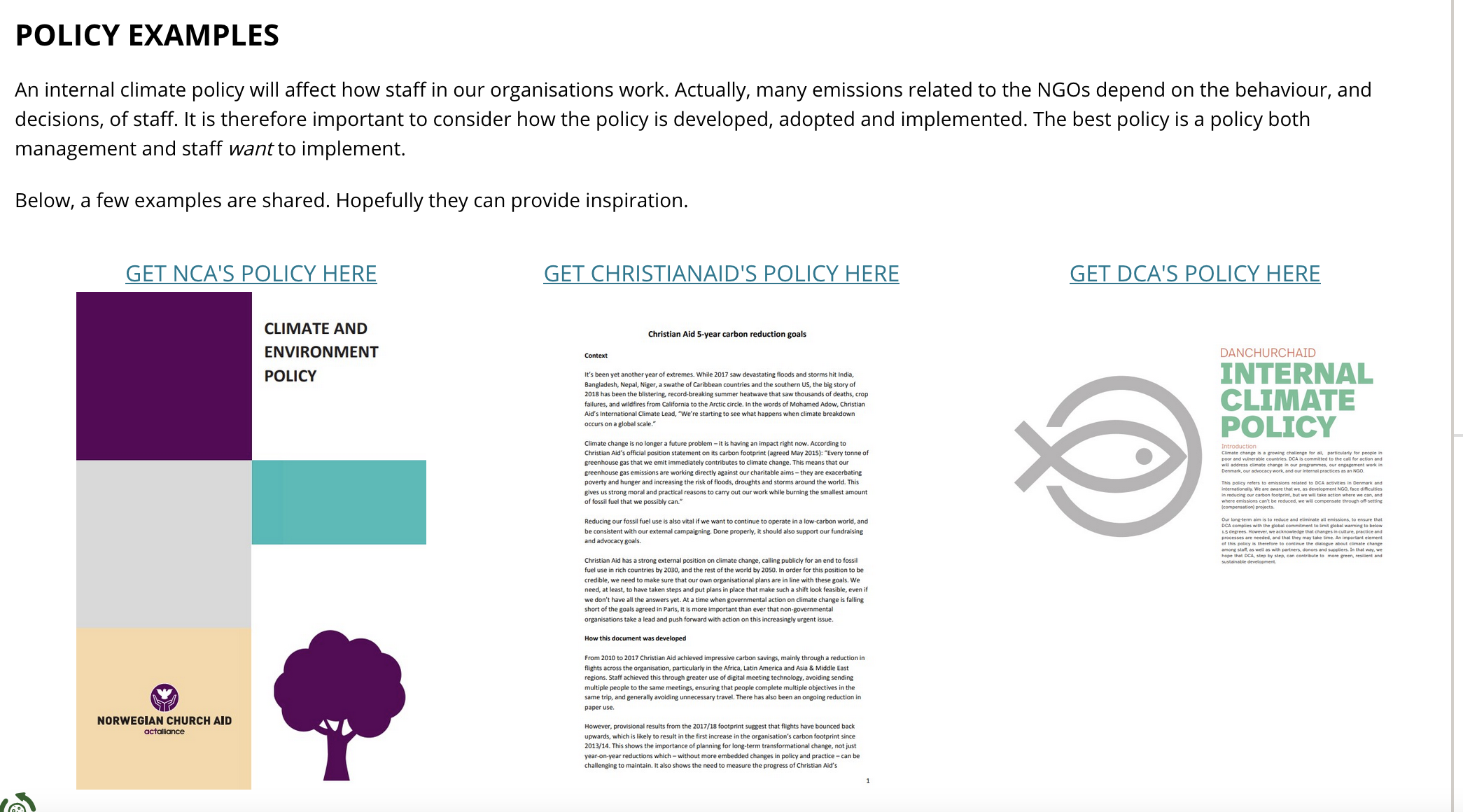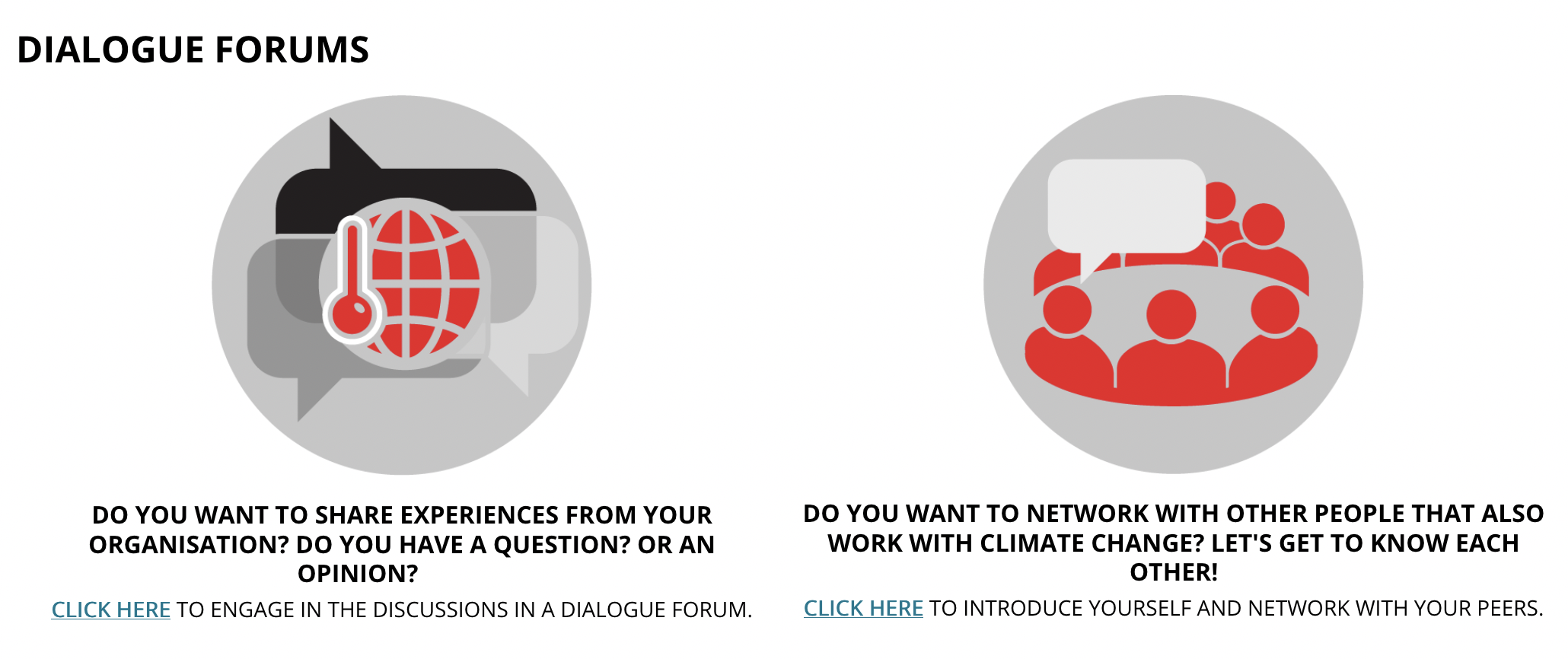ACT’s Middle East and North Africa (MENA) Climate Justice Community of Practice (CoP) played a key role in the recently released Middle East Council of Churches’ Statement on Creation Care. The Council is an ecumenical
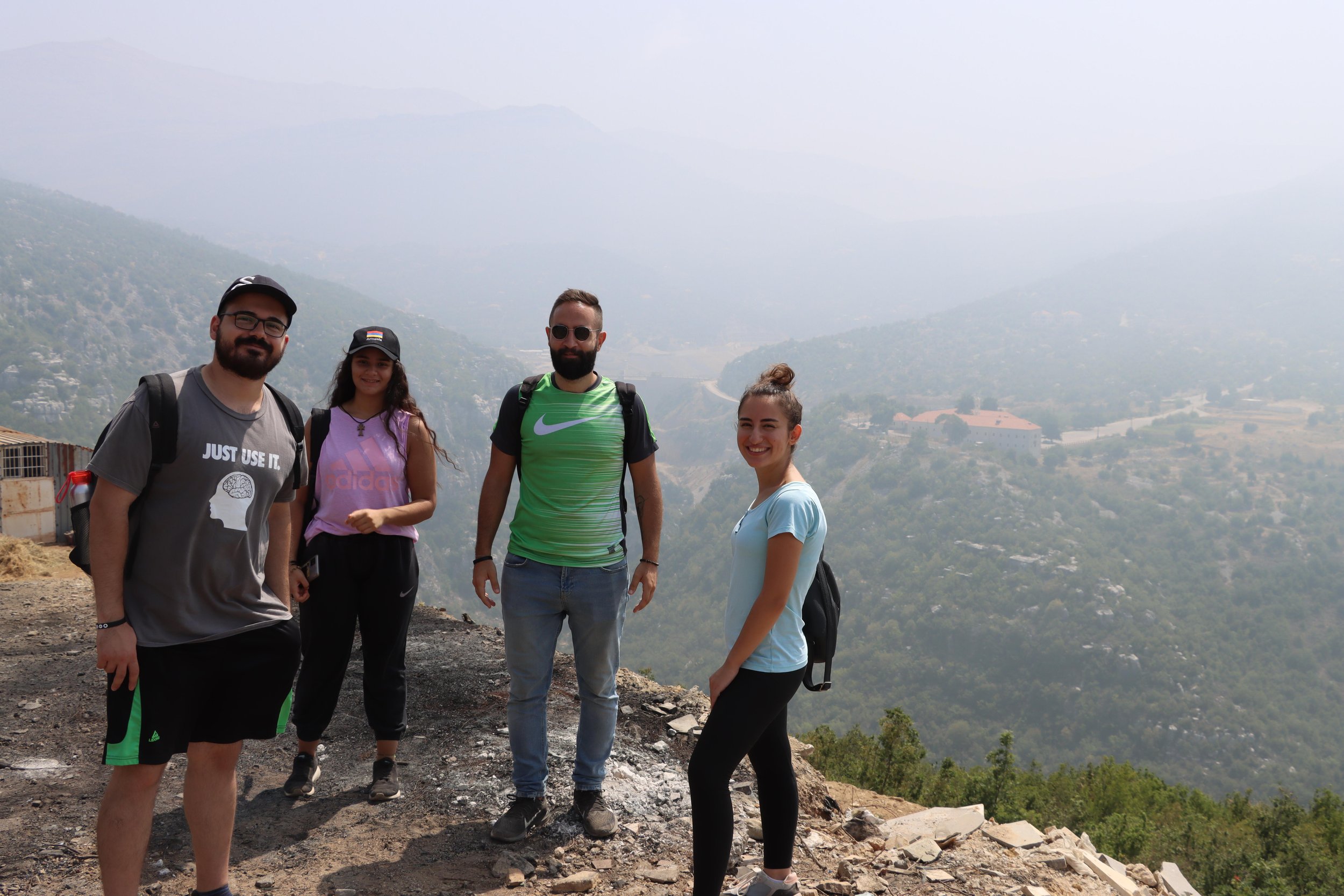
faith-based organisation represents that represents 26 Protestant, Catholic, Eastern Orthodox and Orthodox churches in eight countries in the Middle East and North Africa, including Egypt, Palestine, Syria, Iraq and Cyprus. The statement has been released in time to influence decision-makers at this mCOP28 but will also influence the climate justice work of these churches for years to come.
The MENA CJ CoP drafted the Statement with MECC, a member of Act Alliance that also belongs to the MENA Climate Community of Practice. This grows out of the work of ACT’s Climate Justice project with the collaboration of Bread for the World. In October it was presented to Lebanon’s Ecumenical Eco-Theology Symposium. The presentation was broadcast on MENA stations by Sat-7, a local faith-based broadcaster.
The MECC Statement on Creation Care reflects on key climate issues in the MENA region and proposes solutions. These include:
- Recognising the importance of long-term global commitments. The statement says that the climate emergency is a global threat requiring a global response, imagination, and long-term commitment, and that the loss and damage facility promised at COP27 is an encouraging sign. The document also says that nations of the world must commit funds to this facility and take moral responsibility for their contribution to the climate crisis.
- Reiterating the need for just climate finance. Recognising that all parties must show greater ambition in reducing emissions, the statement says that “major historic and current greenhouse gas emitters” have a “heavier responsibility” globally to help with adaptation and mitigation. They should finance climate action and share expertise “so that developing nations do not have to choose between indebtedness and climate-induced poverty.”
- The need to resolve regional and internal conflicts is central to progress on climate justice. The statement notes how climate justice is linked to political and economic justice and human rights. Conflicts are often linked to competition for resources such as land. Conflicts reduce food security, affect livelihoods, and interfere with people’s ability to adapt to climate change. For these reasons, the statement says, the international community should do more to resolve regional and internal conflicts in the Middle East. It notes such conflicts affect the whole planet. “Indigenous peoples are particularly harmed by conflicts, notably the Palestinian people and those who maintain a pastoralist and nomadic culture.”
In addition to these points, the document expresses a desire for a just transition away from fossil fuels while cautioning against an increase in the exploitative working conditions of extractive industries. It also notes the prophetic role of Church leadership in limiting climate change to 1.5 Degrees C. It encourages church communities to preach, pray and act on this.
The Statement also emphasizes MENA churches’ longstanding partnership with government and civil society and their role with local faith communities in responding to disasters and implementing adaptation and mitigation.
Finally, the authors of the Statement reinforce the key role of relationships and inclusion in building community response to the climate crisis. “Resilience as a society in responding to this great existential crisis of our time is built not only on infrastructure, but on relationships between people,” it notes. “The voices of vulnerable communities, including Indigenous peoples, women and youth are crucial to developing accurate and coherent responses that are accepted by all.”

